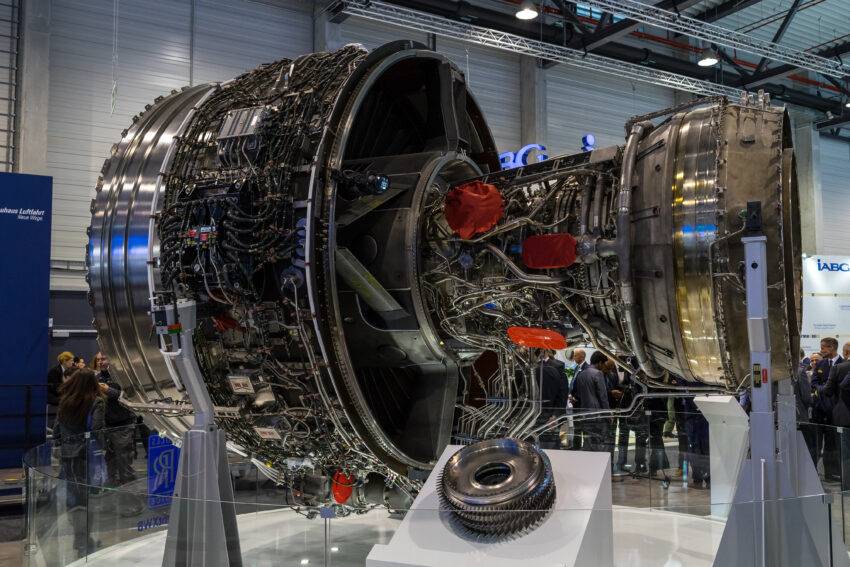
Rolls-Royce will sell its electric flight division as it focuses on improving profits in its jet engine business, under a new plan from its chief executive, Tufan Erginbilgiç.
The FTSE 100 manufacturer will aim for record operating profits of between £2.5bn and £2.8bn a year, compared with £837m in 2022, it said in a strategy published on Tuesday.
Rolls-Royce has enjoyed much-improved performance over 2023 thanks to the end of coronavirus pandemic lockdowns and the recovery in air travel. The Derby-based engineering company makes jet engines for larger wide-body planes that are used generally for long-haul travel, so it has recovered more slowly than rival engine manufacturers.
However, Erginbilgiç has launched a wide-ranging effort to raise profits since joining in January, suggesting the company was too slow to raise its prices. Last month the company said it would cut 2,500 management and administration jobs, as part of an effort to cut costs.
“Rolls-Royce is at a pivotal point in its history,” Erginbilgiç said on Tuesday. “We are creating a high-performing, competitive, resilient and growing Rolls-Royce that will have the financial strength to control and shape its own destiny.”
The company’s share price rose by nearly 7% on Tuesday morning as investors appeared to welcome the promise of higher profits.
Its jet engines division will have to push the hardest to meet the targets, with operating margins targeted to increase from 2.5% in 2022 to between 15% and 17% in the “midterm”, generally seen as about five years. However, Rolls-Royce will also try to push up profits at its defence business making engines for military jets and boats and nuclear reactors for submarines, as well as the power systems unit making civilian boat engines and generators.
Erginbilgiç said: “We are confident in our ability to achieve these ambitions and have a clear and granular plan to deliver on our targets. We have made significant progress, with 2023 profit and cash forecast to be materially ahead of 2022.”
The strategy represents Rolls-Royce doubling down on jet engines burning kerosene as the future of passenger flight, rather than electric technology that is increasingly focused on shorter journeys. That would mean Rolls-Royce would be dependent on production of so-called sustainable aviation fuel to decarbonise its products.
Rolls-Royce also strongly affirmed it wanted to re-enter the market for engines on narrow-body planes, in a partnership with another manufacturer. It will invest further in its next-generation UltraFan engine, while hoping to raise between £1bn and £1.5bn by selling the electric unit and other businesses.
Its effort to build small modular nuclear reactors will also continue. Erginbilgiç has not expressed enthusiasm for the programme, but it has the backing of the UK government as part of its efforts to decarbonise the electricity grid.